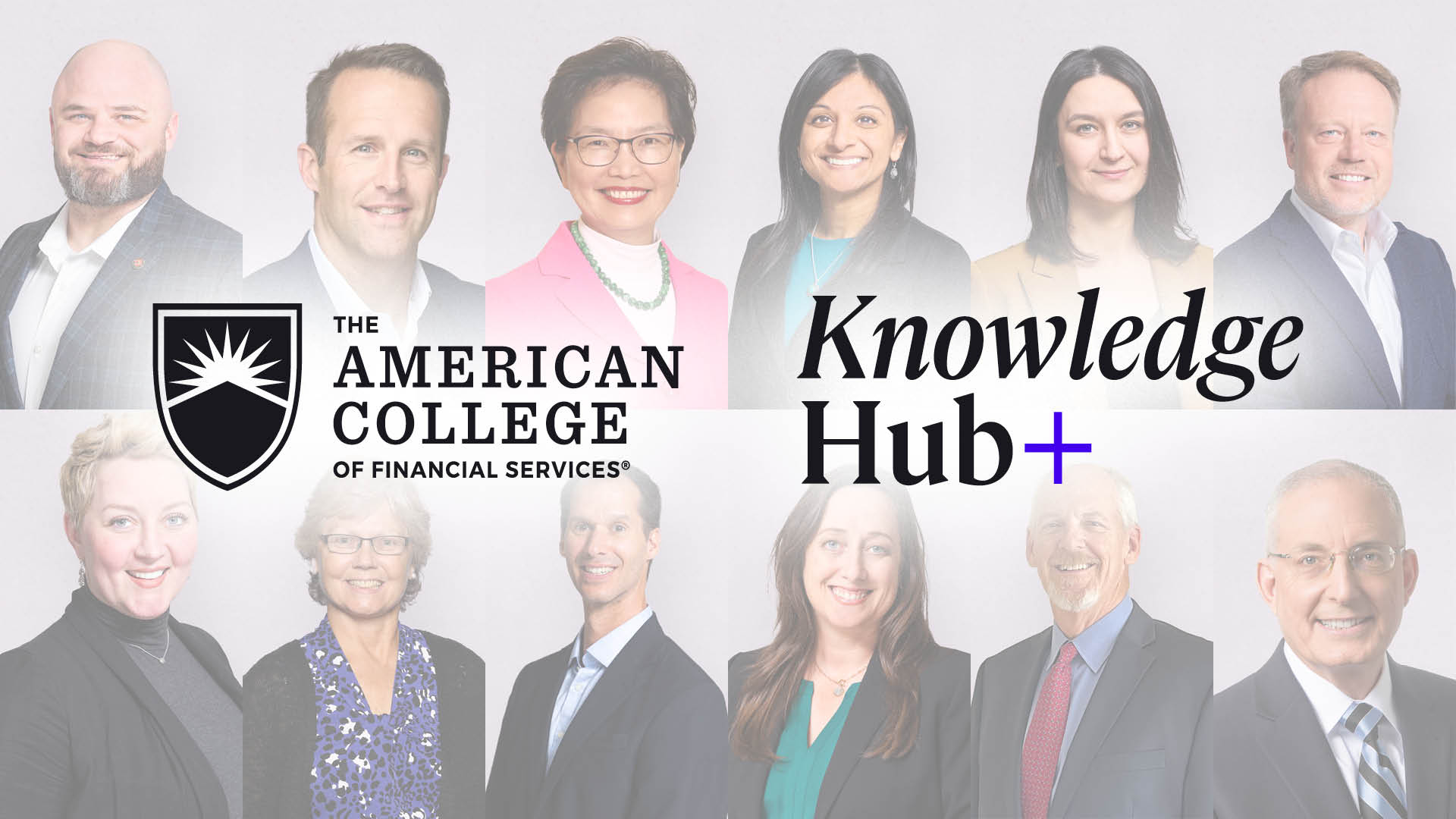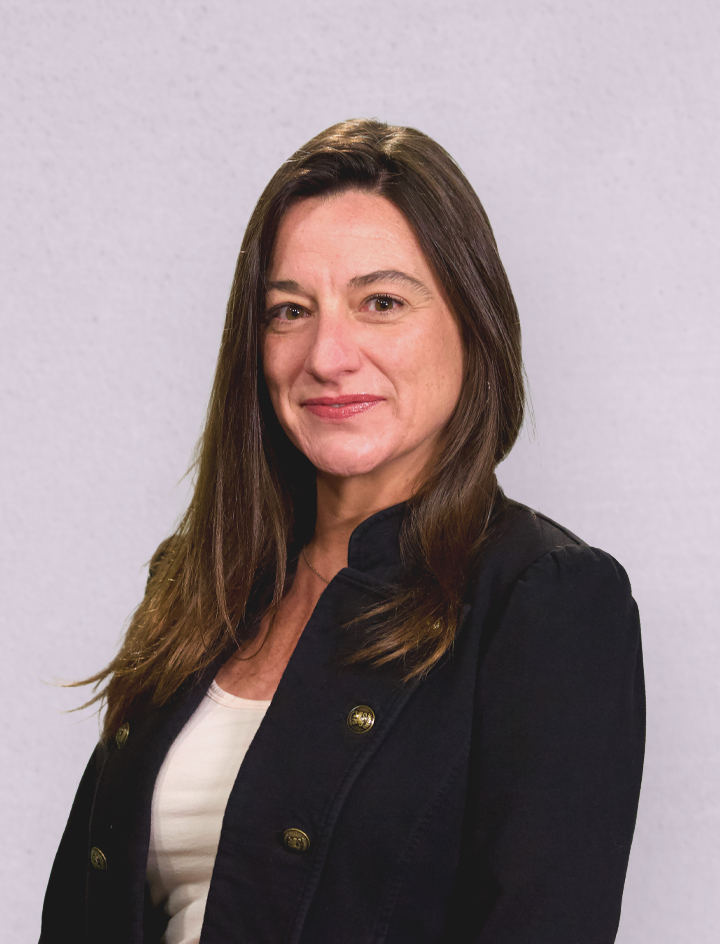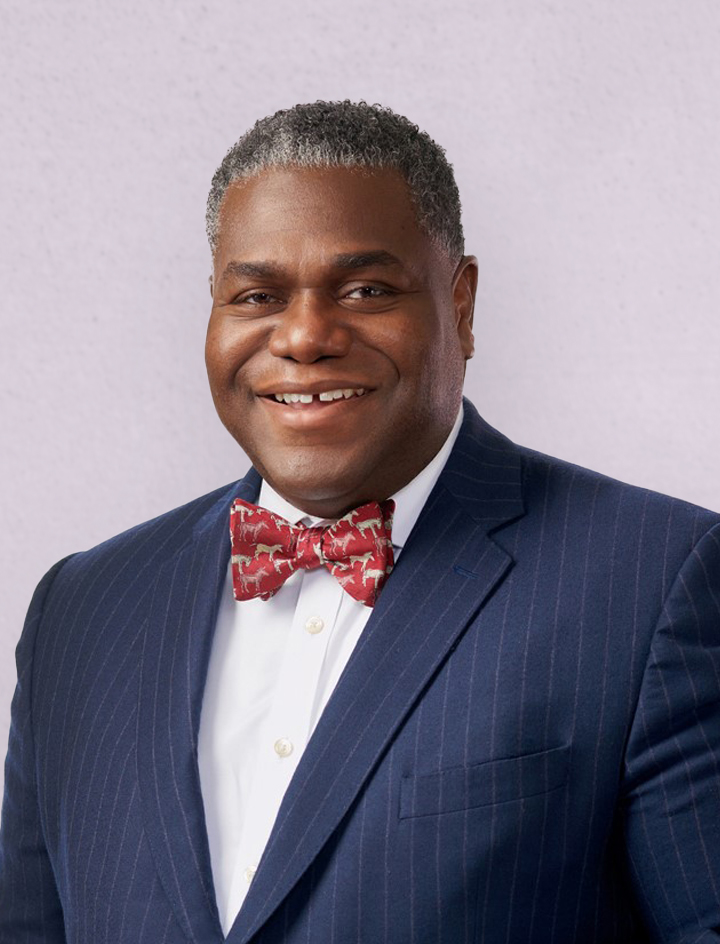Diversity, Equity & Inclusion Insights
Women Working in Wealth on the Road for Women's History Month

The InvestmentNews Women Advisor Summit provided a unique platform for advisors and their supporters to explore the latest industry trends, practice management strategies, and career development opportunities. The American College of Financial Services, serving as the education partner, was proud to contribute its expertise to this talented group of financial professionals.
Returning from the summit, attendees, including myself, felt inspired and equipped with practical ideas, new tools, and invaluable connections with peers and industry leaders. Some of the key lessons that resonated with me included the following:
- The practice of a financial professional is to become a translator and speak the language of your clients
- Spend the time getting to know your clients during all seasons of life and put in the reps to develop a rapport with clients
- Organic growth aside from M&A takes concentrated effort
At the Wealth Management EDGE conference, discussions centered on the future of diversity, equity, inclusion, and belonging (DEIB) in the industry. Representing The College, I had the privilege to discuss how the industry can increase awareness and accessibility for diverse communities. Addressing the obstacles that hinder entry into the financial services industry and ensuring firms retain and invest in diverse talent is crucial.
As the financial services industry continues to evolve, embracing diversity and fostering an inclusive environment will be key to its sustainability and success. By engaging with passion and committing to DEIB principles, the industry can ensure a bright and equitable future for all professionals and clients. Read more about the discussion here.
Diversity, Equity & Inclusion Insights
Military Resource Group Consortium’s First Quarterly Webinar

On June 6, the Center for Military and Veterans Affairs’ Military Resource Group Consortium hosted its first free hour-long webinar featuring panelists from various tribes in the financial services industry. The webinar began with each panelist describing their transition from the military into the industry and highlighting the opportunities and challenges they each experienced. They continued by discussing the educational opportunities they each took advantage of and how it has led to their success in the industry.
Each panelist delved into which hard and soft skills learned in the military they believe are most transferable to the industry. “In the military you learn how rules and regulations work and how to apply and live by them, but you also learn humility which will come when helping clients navigating life,” said Daniel Kopp of Wise Stewardship Financial Planning.
Matt Stephens of Willow Chute Financial also felt that the military provided him with valuable skills that he has transferred to financial services. “You learn how to ask pointed specific questions and network well, which strengthens your influence,” Stephens said.
Christopher Smiley stated his belief that the regimented environment prepared him for success in financial services as well, “In the military you are always used to having a manual that helps you build efficiency; you can build efficiency and discipline into financial practices.”
In total, the webinar had 57 registrants with many scholars from the Center for Military and Veterans Affairs and members from each consortium’s company resource group in attendance.
The consortium will be hosting its next webinar during the 2024 Military Summit.
The American College of Financial Services Launches Knowledge Hub Plus CE Platform to All Financial and Nonprofit Professionals

KING OF PRUSSIA, PA – June 11, 2024 – Today marks a significant milestone for financial education as The American College of Financial Services proudly unveils the public launch of Knowledge Hub+, an innovative learning platform delivering valued and valuable continuing education (CE) to help financial and nonprofit professionals increase their knowledge and better serve their clients. Exclusive to The College's alumni in the Professional Recertification Program since January, this resource is now accessible to all as a subscription-based service, empowering learners to achieve more.
"Knowledge Hub+ embodies our commitment to continuous education and professional growth," remarked George Nichols III, CAP®, president and CEO of The American College of Financial Services. "In today's fast-paced landscape, where expertise is paramount, this platform emerges as a beacon of timely, indispensable, and actionable knowledge."
Featuring an array of learning modules spanning eight key focus areas, Knowledge Hub+ caters to the evolving needs of financial practitioners as well as those looking for more robust financial information. From financial planning to ethics in financial services, subscribers can delve into a wealth of insights meticulously curated to enhance their proficiency. With the public launch, the platform showcases over 60 hours of College and CFP Board-approved learning, automated CE reporting, fresh content delivered monthly by industry luminaries and quarterly live webcasts exclusively for subscribers.
"Many pressing challenges are impacting the financial security of Americans that both financial services and nonprofit professionals are working to solve," said Joellen Meckley, JD, MHS, ChSNC®, executive director of the American College Center for Special Needs. "With Knowledge Hub+, we're not just providing knowledge to solve those challenges; we're catalyzing real-time advancements in professional practice."
As financial landscapes evolve, so must the tools available to navigate them. Knowledge Hub+ arrives as a timely solution. From foundational principles to cutting-edge insights, this platform empowers learners to excel across eight vital areas:
- Financial Planning
- Retirement Planning
- Wealth Management
- Insurance and Risk Management
- Advanced Planning
- Philanthropic Planning
- Practice Management
- Ethics in Financial Services
Knowledge Hub+ boasts an impressive lineup of industry experts, ensuring learners receive guidance from the best minds in the field. From distinguished academics to seasoned practitioners, this platform curates insights from luminaries including Michael Finke, PhD, CFP®, and Jamie Hopkins, Esq., LLM, CFP®, ChFC®, CLU®, RICP®, among others.
"The caliber of expertise within Knowledge Hub+ is unparalleled," said Jared Trexler, The College’s senior vice president and chief marketing and strategy officer. "We're proud to provide a platform where professionals can access the insights they need to thrive in an ever-changing profession."
The platform for applied knowledge includes valuable continuing education from the following industry experts.
The American College of Financial Services Academics:
- Chet R. Bennetts, CFP®, ChFC®, CLU®, RICP®, CLF®
- David Blanchett, PhD, MSFS, CFA, CLU®, ChFC®, CFP®
- Chia-Li Chien, PhD, CFP®, PMP®, CPBC
- Sophia Duffy, JD, CPA, AEP®
- Azish Filabi, JD, MA
- Michael Finke, PhD, CFP®
- Timi Joy Jorgensen, PhD
- James Karthaus, MA, CFP®, CLU®, ChFC®
- Jennifer Lehman, PhD, JD, CFP®, CAP®
- Eric Ludwig, PhD, CFP®
- Joellen Meckley, JD, MHS, ChSNC®
- Steve Parrish, JD, RICP®, CLU®, ChFC®, AEP®
- Ed Slott, CPA
Industry Innovators, Experts, and Practice Management Leaders:
- Dave Alison, CFP®, EA, BPC – C2P Enterprises
- Denise Appleby – Appleby Retirement Consulting
- Ian Berger, JD – Ed Slott and Company, LLC
- Sarah Brenner, JD – Ed Slott and Company, LLC
- Don Graves, RICP®, CLTC® - Housing Wealth Institute
- Philipp Hecker - Bento Engine
- Adam Holt, CFP®, ChFC® - Asset-Map
- Jamie Hopkins, Esq., LLM, CFP®, ChFC®, CLU®, RICP® - Bryn Mawr Trust, Income Lab, and FinServ Foundation
- Andy Ives, CFP®, AIF® - Ed Slott and Company, LLC
- Robert S. Keebler, CPA/PFS, MST, AEP (Distinguished), CGMA - Keebler & Associates, LLP
- Jeffrey Levine, CPA, PFS, CFP®, RICP®, ChFC®, CWS, AIF, BFA™ - Buckingham Strategic Wealth
- Rick McClanahan - National Association of Certified Financial Fiduciaries, LLC
- Alex Murguia, PhD – RISA
- Wade Pfau, PhD, CFA, RICP® - RISA
- Tina Powell - Intention.ly
- Fred Reish, JD
- Tyrone V. Ross, Jr. - 401 Financial
- Heather Schreiber, RICP®, NSSA® - HLS Retirement Consulting
- Matt Seitz – C2P Enterprises
- Jason L. Smith, CEP®, BPC – C2P Enterprises
- Deirdre Van Nest - Crazy Good Talks
- Kelly Waltrich - Intention.ly
The list of participating experts on Knowledge Hub+ keeps expanding with live quarterly virtual events and new content added monthly. Learn how to expand your opportunities with Knowledge Hub+.
###
ABOUT THE AMERICAN COLLEGE OF FINANCIAL SERVICES
Founded in 1927, The American College of Financial Services is the nation’s largest nonprofit educational institution devoted to financial services professionals. Holding the highest level of academic accreditation, The College has educated over 200,000 professionals across the United States through certificate, designation, and graduate degree programs. Its portfolio of applied knowledge also includes just-in-time learning and consumer financial education programs. The College’s faculty represents some of the foremost thought leaders in the financial services industry. Visit TheAmericanCollege.edu and connect with us on LinkedIn, Twitter, Instagram, Facebook, and YouTube. Discover all the ways you can expand your opportunities with us.
Contact
Sarah Tremallo
908-967-0381 / Stremallo@jconnelly.com
Lindsey Allumbaugh
678-643-1310 / Lindsey.allumbaugh@theamericancollege.edu

Elizabeth Gray
EdD
College News Roundup Week of May 27 2024
Financial Advisor | Preventing the Second Home Dream From Becoming a Nightmare
May 30, 2024
Professor of practice Steve Parrish, JD, RICP®, CLU®, ChFC®, AEP® offers advice on how retirees who may own two homes can optimize their living situation and minimize the difficulties associated with the transition.

Kimble Lewis
MBA
Ethics In Financial Services Practice Management Insights
Optimizing Your Practice’s Relationship With AI

With the growth of AI in the workplace, it may be time to consider how you can best implement AI tools to automate busywork and turn your attention to more valuable tasks that directly support your clients. Fortunately, our new practice management workbook is here to assist!
Learn more about common AI topics like the risks associated with AI, how much time you can save, and the best way to get started. We’ll also provide a closer look into more specific topics such as evaluating the prompts you provide to your AI tools and which activities in your workplace are best to delegate to AI.
Increase your knowledge on these trending topics and more as you propel your practice into the modern era of advising with help from our informative practice management workbook.
Diversity, Equity & Inclusion Insights
Military Appreciation Month

In 1999, the United States Congress designated May as National Military Appreciation month to provide citizens the opportunity to publicly honor and recognize the contributions, sacrifices, and services of members of the armed forces, past and present.
According to Military.Com, “the month plays a crucial role in raising awareness and understanding the challenges faced by the military community and provides a platform for education and dialogue about the experiences of service members, veterans, and their families.”
The month highlights several military anniversaries and events including Military Spouse Appreciation Day, Children of Fallen Patriots Day, U.S. Armed Forces Day, and provides an opportunity to pause and reflect on those who gave all on Memorial Day.
May was chosen because of the military’s historic achievements throughout the month including Victory in Europe (VE) Day, which commemorated the end of WWII in Europe in 1945.
There are numerous opportunities for citizens to show their appreciation, including attending events in their local community, purchasing a meal for a service member in uniform, volunteering at a VA hospital or veterans’ shelter, donating to a veterans’ charity, or sending a care package.
Diversity, Equity & Inclusion Insights
Attendance at MilMoneyCon

From April 25 through April 27, staff from the American College Center for Military and Veterans Affairs attended MilMoneyCon in Denver, Colorado. For the past three years, the Center has been in attendance as a Bronze Sponsor in support of Advisory Council Member, founder, and CEO of MilMo and MilMoneyCon, Lacey Langford, U.S. Air Force (Vet.), AFC®.
Langford founded MilMoneyCon with a mission to bring service members, veterans, and military spouses together to build and progress their careers, continue their education, and grow their earning power as practicing or rising financial professionals. At the center of this mission is an expression Langford uses as the philosophy behind her powerful mission: “Rising tides lift all ships.” By coming together to solve problems and supporting each other members of the military community not only help themselves, but uplift others within the community.
Throughout the event, the Center had the opportunity of meeting many of its partners and providing attendees with information about The American College of Financial Service’s various designations, the Center’s scholarship program, and initiatives. It also had the privilege of meeting numerous scholarship recipients and learning first-hand the difference these scholarships had made in their careers, to their families, and in their life.